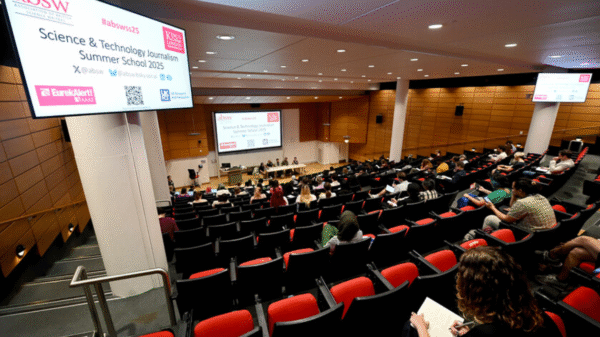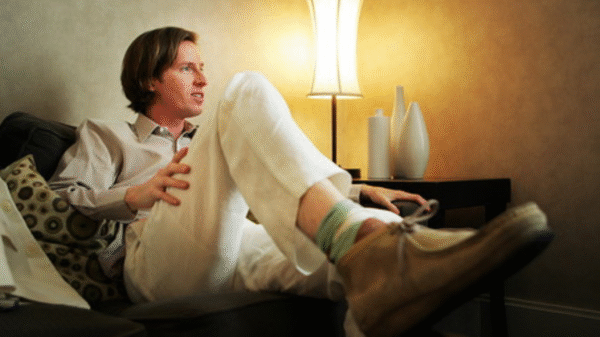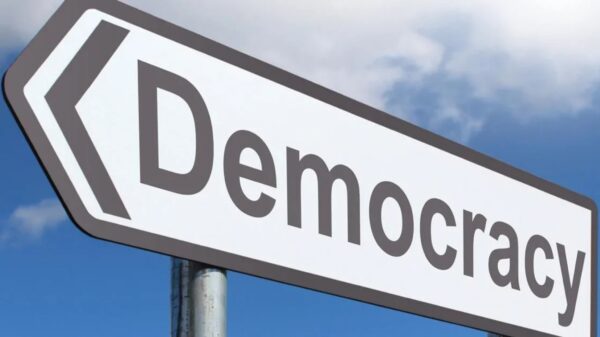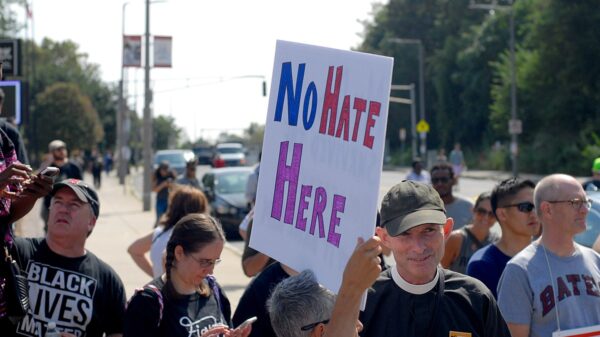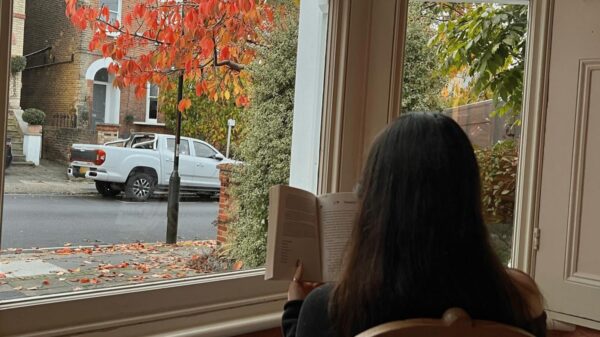Unicast writer Nazir Awad on how gargantuan social media companies are slowly encroaching on freedom of speech
The fight for freedom of speech has spanned centuries and is a pillar of modern democracy. As a Syrian immigrant living liberal Toronto, Canada, I got to see both sides of two clashing ideologies. Where Syria is a conservative, tyrannical state, Canada is a liberal nation with an accountable, democratic government. The very concept of democracy entails freedom of speech, and one cannot be done without the other. For government officials to be elected to office, there needs to be freedom to openly judge and criticise policy and ideas. As soon as opinions are oppressed by any party in the name of order or decorum, than democracy is thrown out the window.
The point that I would like to emphasise is that democracy is not simply the ability to vote in elections, but also to vote with access to any opinion or candidate without suppression by the governing state. The Syrian government calls its elections “democratic” but that is far from the case; the law only allows one political party to exist, one path to be followed, and a single category of opinions to be expressed. In the last decade, social media has played a pivotal role in elections across the western world and I fear that the way these platforms are being run poses a threat to democracy on par with dictatorial states.
It is repetitive and obvious to talk about how integral and impactful social media has become in our daily lives. It influences what we choose to wear and eat, where we choose to vacation and who we interact with. The incorporation of AI-powered algorithms onto these social media platforms to push personalised ads to the consumer has galvanised the free market and had a myriad of other applications too. Social media platforms did not only become a digital marketplace, they also became a must-use avenue for politicians to connect with voters. That is where the problem arises.
My issue here is not accessibility, that is now abundant; more people are voting than ever before which is in part due to the immense outreach that can be done through the internet. Participation on all sides is good for democracy. However, my issue is with the power that social media regulators (working for social media companies) hold when it comes to suppressing certain political opinions and amplifying others. Social media companies are creating an unfair advantage and breaking democracy.
There seems to be confusion as to whether these companies can express a political bias or not. Instances like the Cambridge Analytica scandal, the suspension of conservative Twitter accounts, and the suppression of pro-Palestine posts show that the decisions of these companies can have a major role in which voices get heard and which do not.
Should this be allowed by governments in the name of democracy? If governments were truly working in the interest of a free society, then no third party should be able to govern whose viewpoints gets heard. The way the democratic model should ideally work is that all opinions and perspectives are laid out, and the ones that are most representative of what most people want gains traction. This will not happen if these opinions are regulated.
Ethically speaking, individual employees, whether low-ranking or CEOs, should not get to incorporate their biases into the decision-making of what gets censored and what does not. The entire concept of limited liability was created to separate the employees and founders of companies from the company itself. It is non-sensical for a worker within Facebook, for example, to decide what political opinion the company is to adopt.
Regulating social media companies is a tricky business because a government would not want to stifle innovation and free-market competition. On the other hand, these platforms are acquiring a very effective power that allows them to choose what information is seen and analysed by the public. Pankaj Sharma, a partner at Ernst & Young, expresses similar concerns regarding social media regulation in his interview with Unicast Entertainment. Sharma mentions that social media platforms have been capable of self-governance for a good time but now it appears that a certain degree of government intervention is necessary to ensure that the good of society is not jeopardised for financial gain. I absolutely agree.
Having a company decide what is being said and what is not being said is just as troubling as a government dictating which political parties can compete in elections. This is not democracy. Censorship of any political viewpoint should not only be a concern for those who hold that view, it should outrage people across the political spectrum. If one voice gets censored today, then yours might next.
The article is part of an ongoing collaboration with Unicast Entertainment. See Pankaj Sharma’s full interview with Unicast here.



